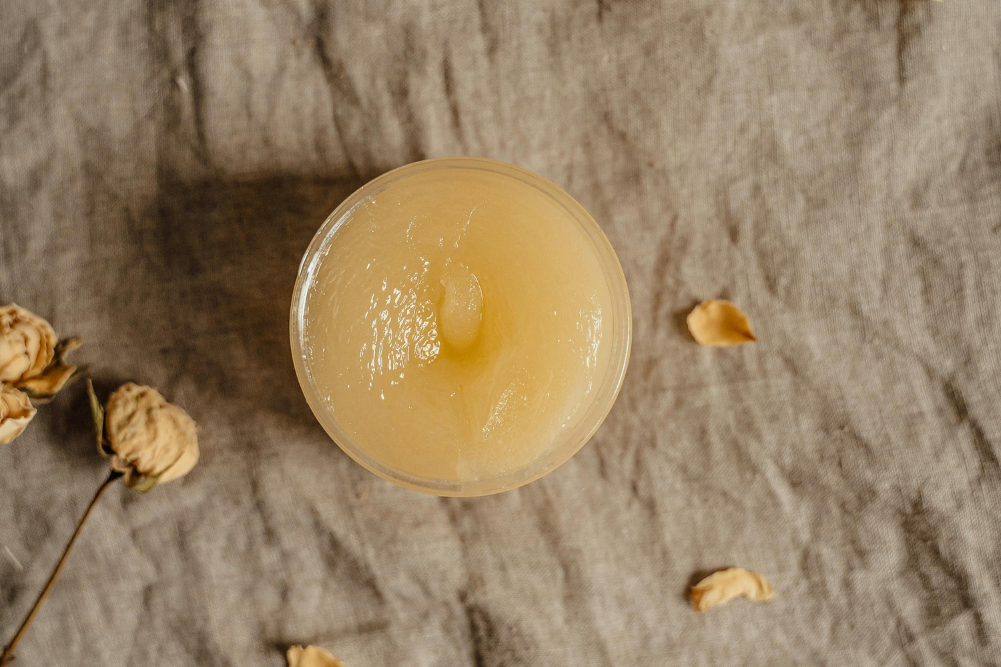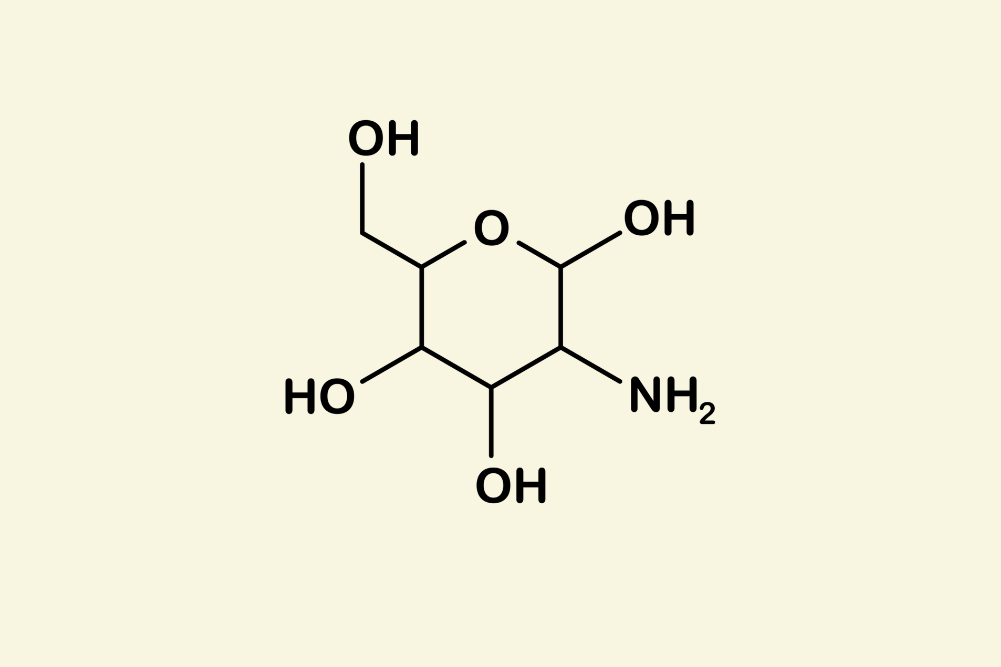The holistic way to beautiful skin
First impressions count. As unfair as it seems that we often judge people within minutes of meeting them, its hard to deny our initial impression of someone is the lasting one. Frequently, first impressions can also give us a sense about anothers level of health. A healthy person is often said to glow and nowhere is this more noticeable than in the skin. Whether it shines with vitality or seems dull and wan, the state of a persons skin conveys a strong impression of how well they are.
Keeping your skin healthy is easy. All it really needs to stay in tip-top shape is a bit of a scrub and a daily application of the latest miracle cream, right? Unfortunately, this is probably the most widespread fallacy perpetuated about skin health. Many of us have rushed out to try the latest age-defying moisturising cream in an effort to banish the wrinkles that keep appearing with each passing year.
You may have even gone one step further, experiencing various treatments touted for their cleansing qualities. There’s no disputing that they work well, too. Who hasn’t felt like a new person after a sauna or a full body scrub? Treating the surface of the skin with moisturising lotions, removing layers of dead skin cells and opening previously blocked pores is, however, only a part of the overall picture.
The next time you see an advertisement for one of these treatments or miracle creams, ask yourself why. Why does your skin require moisturising? Why do your pores need unblocking? Why does your skin need cleansing? Why do you keep finding new wrinkles? While your skin will benefit from regular surface treatment, how much thought do you give to skincare from the inside out? It’s the largest organ we have and it’s an internal as well as external body structure. As such, our skin really is a reflection of our internal biochemical environment. Changes in skin texture, moisture, elasticity and pliability, and the appearance of conditions such as acne or eczema, all point to underlying imbalances in the workings of the body. These imbalances are usually caused by poor nutritional status.
The skin is primarily a two-layered structure, composed of the outer epidermis and the underlying dermis. The main function of the epidermis is to serve as a barrier, a shield of keratin that protects us against light, heat, bacteria and so on. The epidermis also contains cells that give rise to sweat and oil glands in the deeper dermis. The dermis is really where we should focus most of our attention when contemplating the discovery of new smile lines. The dermis is composed of connective tissue containing collagen and elastic fibres, hair follicles, oil glands, the ducts of sweat glands and a small amount of fatty tissue. It’s these collagen and elastic fibres that support our skin and endow it with its elastic qualities the ability to stretch and then return to shape in good order. Oil glands secrete sebum, a substance that keeps the skin soft and pliable and prevents excessive moisture evaporation from the skins surface. Sweat glands, obviously, secrete sweat, the major temperature-regulation mechanism of the body. Sweat also plays a role in eliminating wastes.
A question of collagen
The skin concerns that plague many of us usually fall into one or more of these categories: skin that is too dry, skin that has lost its elasticity, the appearance of wrinkles, skin infections or outbreaks. If we look back at the structure of the skin, collagen and elastic fibres feature as important components of the dermal layer. If these components are not in optimal condition, the skin loses its supporting matrix. This is most commonly seen as a process of ageing. The collagen and elastic fibres stiffen and break, resulting in loss of firmness, elasticity and moisture-retaining properties. The skin begins to sag and develop wrinkles. Ageing also brings with it a decrease in the size of the oil glands, which leads to skin dryness and flaking and an overall reduced capacity of the skin to heal.
Our rate of ageing depends on the state of our nutrition. Collagen nutrition must be a mainstay of good skin health. When all the potions, lotions and creams have been applied to the surface of the skin, collagen and elastic fibres still need to be correctly formed and nourished to provide the structural support the skin needs.
Certainly, the best known nutrient regarding the health of collagen and connective tissue is vitamin C. In 1497, Vasco da Gama sailed the Cape of Good Hope and lost 100 of his 160-strong crew to scurvy. Scurvy is a condition characterised by poor wound healing, ulceration of the mucous membranes and, in its final stages, a generalised or systemic haemorrhaging. It is a vitamin C deficiency. The body literally falls apart because the vitamin C required for collagen formation, for the supporting matrix, is not available. It wasn’t until the 1750s, almost 300 years later, that it was recognised that scurvy resulted from a long-term diet devoid of fresh fruit and vegetables. Although scurvy is not nearly as prominent as it once was, the hallmarks of poor collagen health can be easily seen in the skin deficiencies and conditions that afflict many people who may not have an adequate intake of vitamin C.
Vitamin C plays a key role as an antioxidant compound that safeguards cells (including the cells found in collagen and elastic fibres) against free radical damage. Its also a crucial factor in collagen metabolism. Collagen is formed from three amino acids: glycine, hydroxylysine and hydroxyproline. We cannot ingest hydroxylysine or hydroxyproline. However, we can ingest their immediate precursors. Lysine and proline can convert to hydroxylysine and hydroxyproline, but only in the presence of vitamin C. Without vitamin C, this conversion cannot occur and collagen formation will suffer. This conversion also relies on the presence of zinc, another nutrient vital for good skin health.
Lysine and proline are both easily obtained in the diet from meat sources. Some supplementation can also increase the availability of these nutrients. Taken in this concentrated form (often as a key component of a multivitamin supplement), these formulations can provide an easily available daily source of the nutrients needed for collagen production.
Free radical damage
The importance of antioxidant protection in skin health is widely undervalued. Antioxidants probably first began making their way into public consciousness in this country in the 1980s, when naturopath Jon Edmonson credited them with assisting him in his remarkable performances of physical endurance. Antioxidants serve to protect cells from free radical damage. Free radicals destroy cells and hasten the ageing process. They can be found in environmental toxins such as petroleum byproducts as well as in dietary sources such as the carbonised proteins in barbecued meat, rancid fats and some chemical preservatives.
In the most basic terms, ageing occurs when our cells die at a faster rate than they can be reasonably replaced. As we have seen already, the most immediate and visible signs of ageing are reflected in our skin. In offering the cells a suit of armour, antioxidants can do a lot to preserve their function and lifespan. As a result, they play a crucial role in maintaining the health of every system in the body, including the skin and its supporting structures.
The vitamins A (especially in its B carotene form), C and E are perhaps the best known of the antioxidants. Lesser-known compounds such as lycopene, pygnogenol, selenium and alpha lipoic acid also perform remarkable feats in strengthening cells and guarding against the damages of free radical activity.
Some antioxidant compounds seem to be geographically specific, too, with a large following in some countries and little presence in others. One that falls into this category is procaine. Extremely popular as an age-defying compound in Europe, procaine has been used to rejuvenate the body and mind since the 1950s. In a two-year Romanian study involving more than 15,000 people, procaine was so successful at maintaining health in the subjects that the Romanian government subsidised the distribution of the procaine formula throughout the general population in an effort to assist the economy at the time (Rathborne, 1982). Since the 1950s, procaine has been extensively studied and has been found to improve brain function and muscular strength in the elderly. It’s also highly prized for its ability to reduce the physical signs of ageing reflected in the skin. It’s thought that procaine’s remarkable qualities are due to its ability to protect the body against the effects of excess cortisol.
Cortisol is one of the major hormones secreted by the body in times of stress. Its a catabolic compound that is, it causes cellular breakdown. Its no surprise that many people who experience high levels of daily stress on a consistent basis often look and feel older than their biological age. Elevated cortisol levels lead to breakdown in all areas of the body, affecting the brain, muscles, bones, immune and endocrine systems as well as the skin. In offering protection against stress-induced cortisol excess, environmental and/or dietary free radicals, antioxidants make an impressive contribution to the health and functioning of the entire body.
Cleansing
While skin may improve with attention to collagen health and a regular intake of antioxidant compounds, it still needs to be allowed to function without excess burden. As an organ of elimination, the skin is constantly involved in assisting the body to clean itself. When other channels of elimination in the body are under-functioning, the skin tends to make up for this, with more waste material leaving through the skins surface. The body is able to cope with this on a temporary basis. However, if its an ongoing situation, skin changes will occur.
Conditions such as acne, eczema and dermatitis can all point to a sluggish elimination process, often involving the liver, the bowel and poor fluid intake. If waste material is not being correctly processed or eliminated, theres often little choice for the body but to send this waste out through its largest channel, the skin.
Over-consumption of heavily refined and processed foods does not allow the body adequate opportunity to cleanse and eliminate properly. In many cases, its a frequent barrage of artificial additives, hydrogenated fats, preservatives, unnatural colours and stabilisers. Eating these things daily, or several times a day, does not allow the liver time to break down and process these substances completely, nor to have them leave the system before another serve enters. A breakfast of sugary cereal, morning tea of coffee and biscuits, lunch washed down with diet soda and a prepackaged dinner will almost certainly overwhelm the digestive and eliminative functions of the body if taken on a regular basis.
During fasting or intestinal cleansing regimens, when the liver and bowel don’t need to work as thoroughly as they usually do, its very common to see minor skin outbreaks, especially during the initial stages of such programs. The body, allowed to clean itself completely, and without the added stresses of more bad food to deal with, recruits the skin as well as the bowel in order to purge toxins. Many people report that by the end of a cleansing program their skin is better than it has been for a long time.
As our largest organ, the skin is often required to work hard to eliminate toxins from the body, especially when the major organs of elimination are overloaded by a consistently poor diet. The result of a poor eliminative system can frequently be seen in skin infections and irritations such as acne and eczema. In short, skin health needs to be approached holistically. Of course, there is a place for moisturisers, toners and cleansers. However, there’s also an important place for good nutrition and appropriate supplementation. Not taking all these factors into account results in an approach to skincare that can only be described as skin deep.







